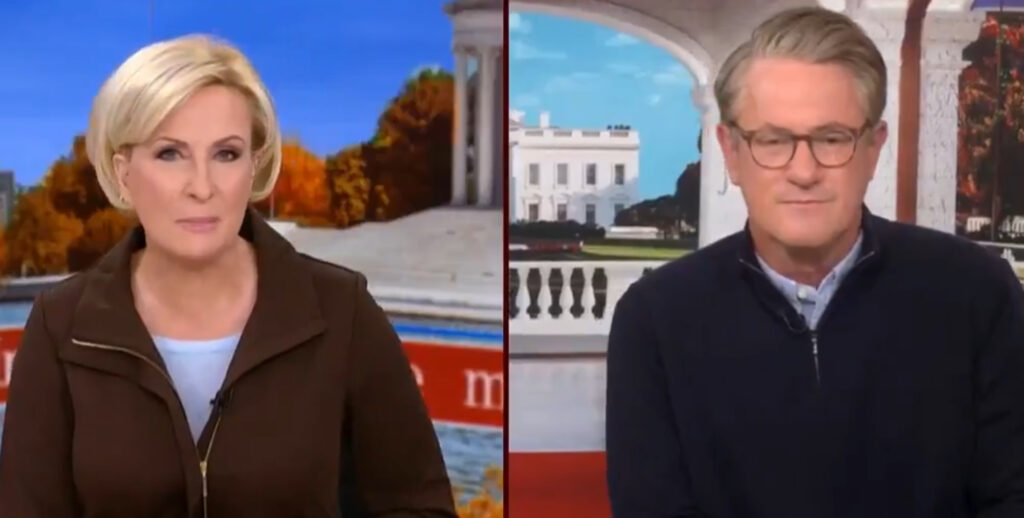MSNBC’s Joe Scarborough and Mika Brzezinski recently met with Donald Trump at Mar-a-Lago to engage in a dialogue about national unity and moving forward politically, despite their historical opposition to him. Attending the meeting for the first time in seven years, Brzezinski highlighted that many citizens, including political leaders, expressed concern about Trump’s cabinet selections, prompting their desire to communicate with him directly. The couple articulated their differing views on significant topics such as abortion, immigration, and the overall tone of politics in the U.S., but they agreed on the necessity of restarting dialogue to bridge the substantial divides within the country.
During their conversation, Scarborough and Brzezinski noted that Trump appeared optimistic and committed to finding common ground with Democratic leaders. This sentiment was critical, as recent years have been marked by exacerbated political polarization. Reflecting on how political warfare has characterized interactions in Washington, they argued that simply criticizing Trump would not foster progress; instead, it was essential to constructively engage with him to facilitate healing among the electorate. With Trump’s administration set to head into action, they were prompted to rethink their approach—not only addressing Trump in their broadcasts but also instigating a direct dialogue with him.
Scarborough pointed out the stark reality of the electoral landscape, where approximately 50% of voters backed Trump, suggesting that bipartisan cooperation could be beneficial. This perspective resonated with some Democratic leaders who indicated a readiness to collaborate with the incoming president if he reciprocated the openness. Viewed through the lens of political strategy, this meeting underscored the importance of consensus-building to address the pressing issues facing the nation, paving the way for a potential shift in current hostile dynamics in Washington.
Brzezinski elaborated on the challenges of overcoming entrenched partisan hostility, affirming that personal attacks and hyperbolic rhetoric had proven ineffective. She stated that threats against political adversaries have only served to embolden them, making it vital for all parties to adopt a more constructive approach. This constructive outlook is crucial as the nation braces for what they believe will be a consequential presidency. The duo emphasized that unity and constructive dialogue could be achieved through leadership capable of bridging divides, underscoring that the onus is on both Trump and his counterparts to establish this cooperative climate.
Both hosts clarified their purpose in engaging with Trump—while they are not interested in normalizing or defending his presidency, they aim to provide insights into the political landscape that may better inform the public. Their approach echoes the principles of responsible journalism, with Scarborough invoking past advice from renowned editors to focus on working through conflicts rather than escalating them further. This commitment implies a readiness to hold Trump accountable while simultaneously exploring avenues for collaboration.
On a broader level, their willingness to engage with Trump can be perceived as a strategic move by MSNBC, driven by concerns over declining viewership since his previous administration. Their meeting with Trump could serve not only as an effort towards rebuilding relations with him and his supporters but also as a tactical initiative to revitalize the network’s standing in a changing media landscape. As Scarborough and Brzezinski navigate these complexities, they aim to foster a more constructive political environment while grappling with their network’s fortunes amidst shifting public sentiment.

